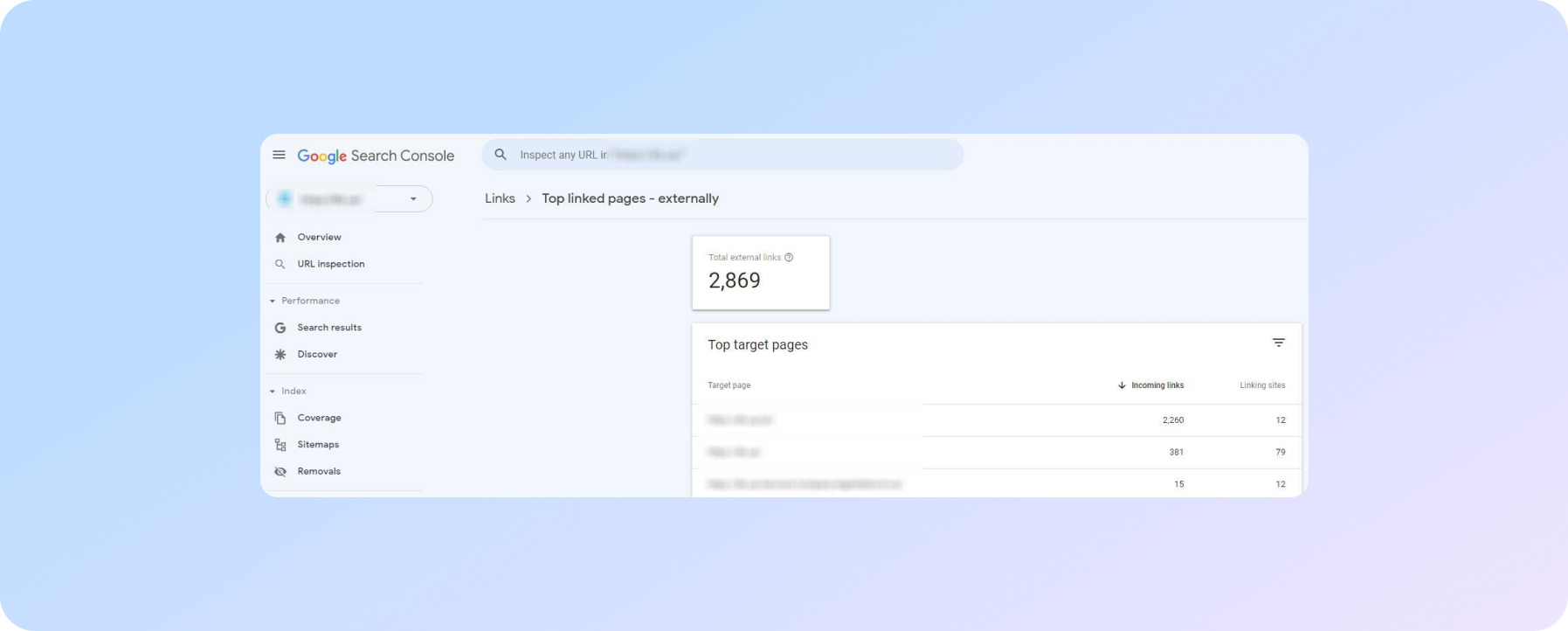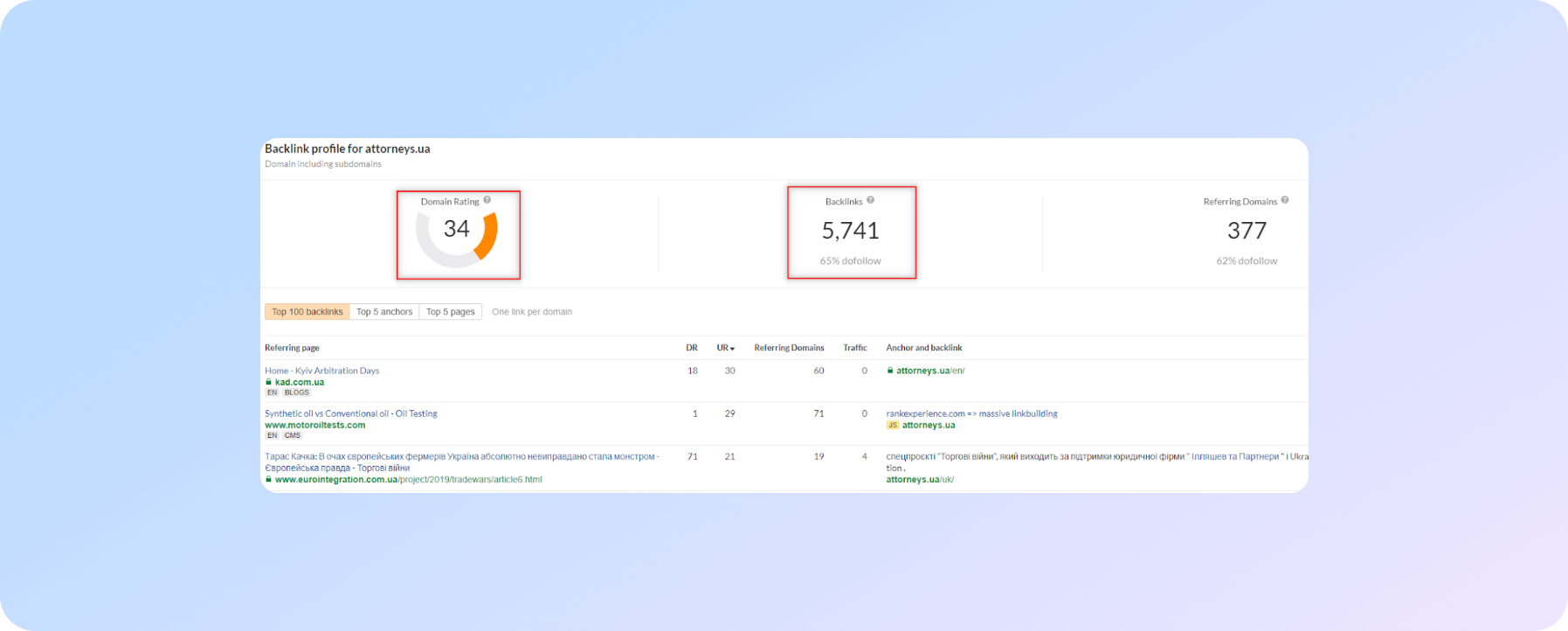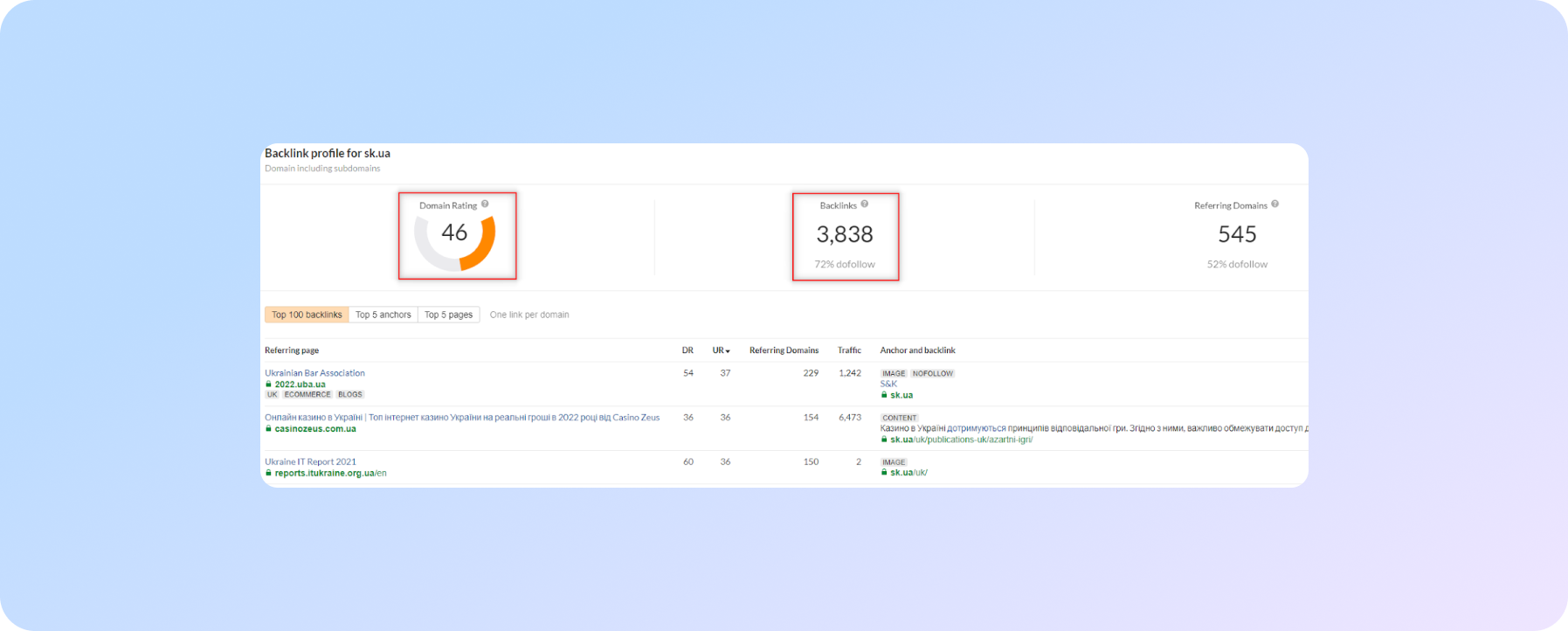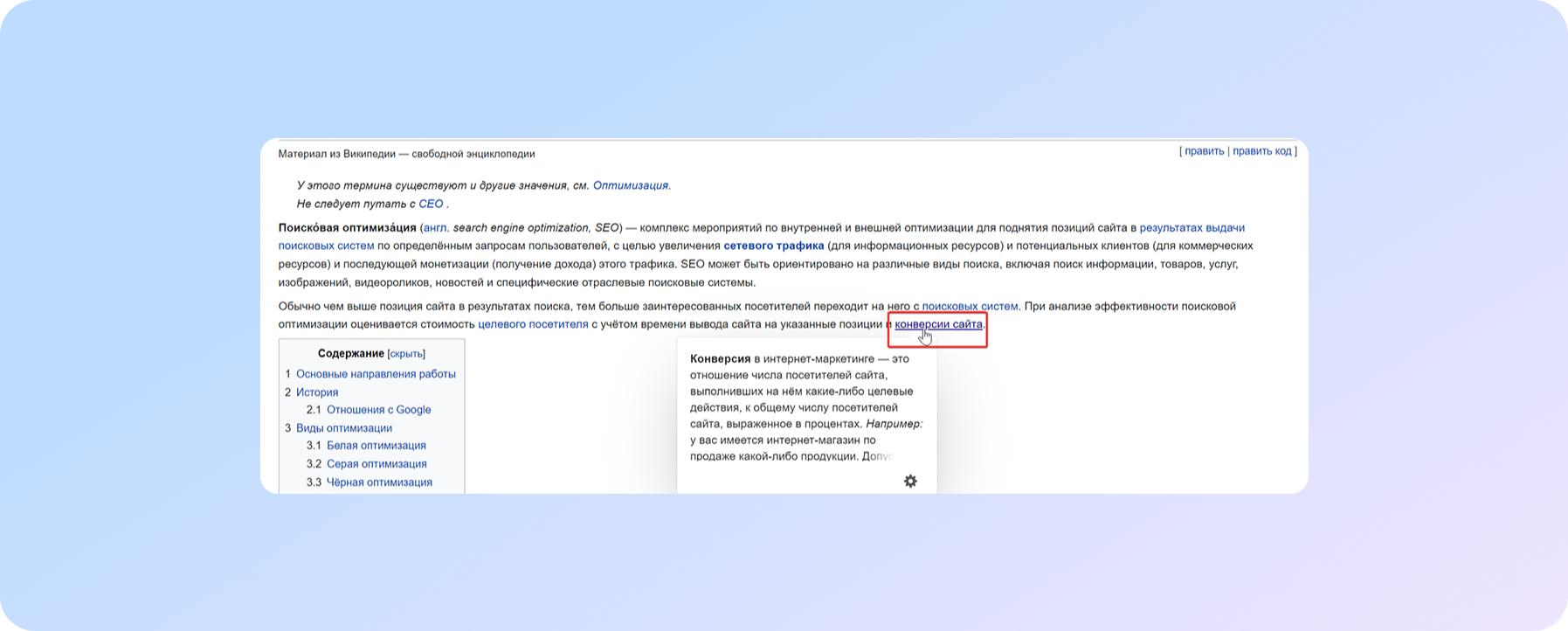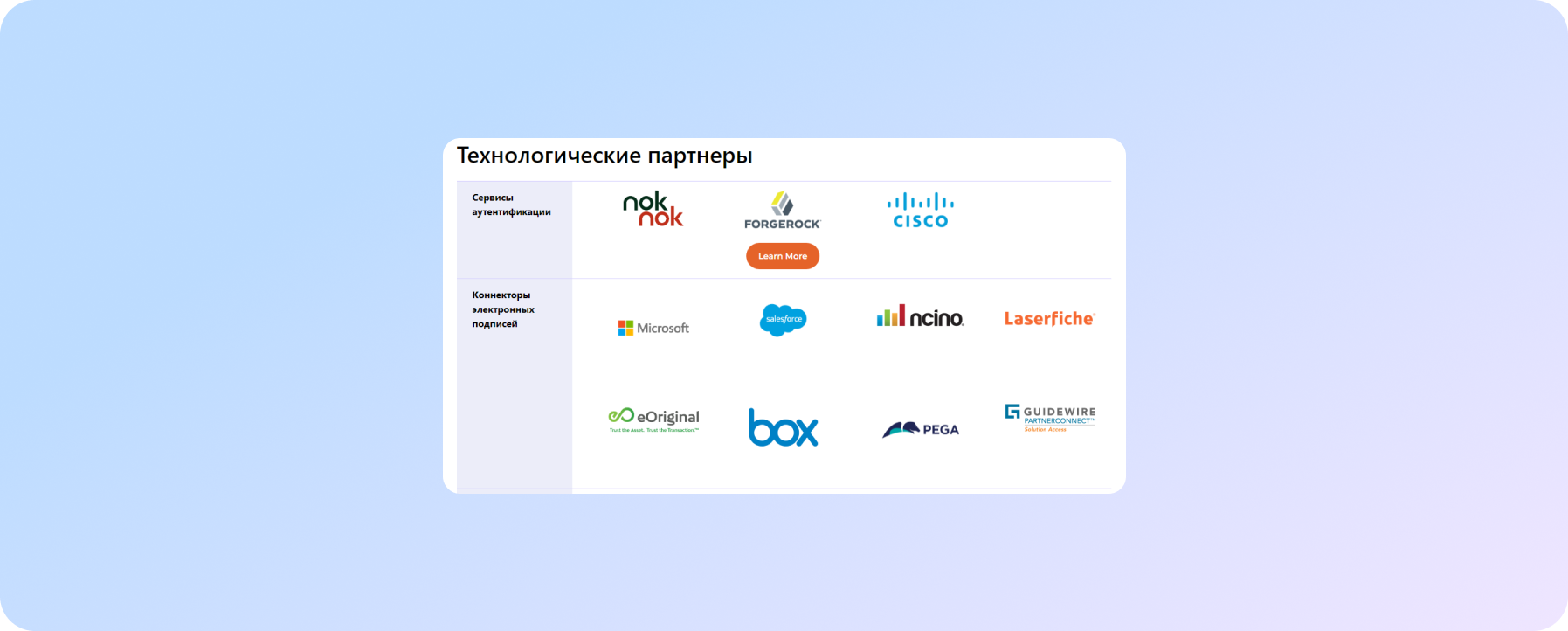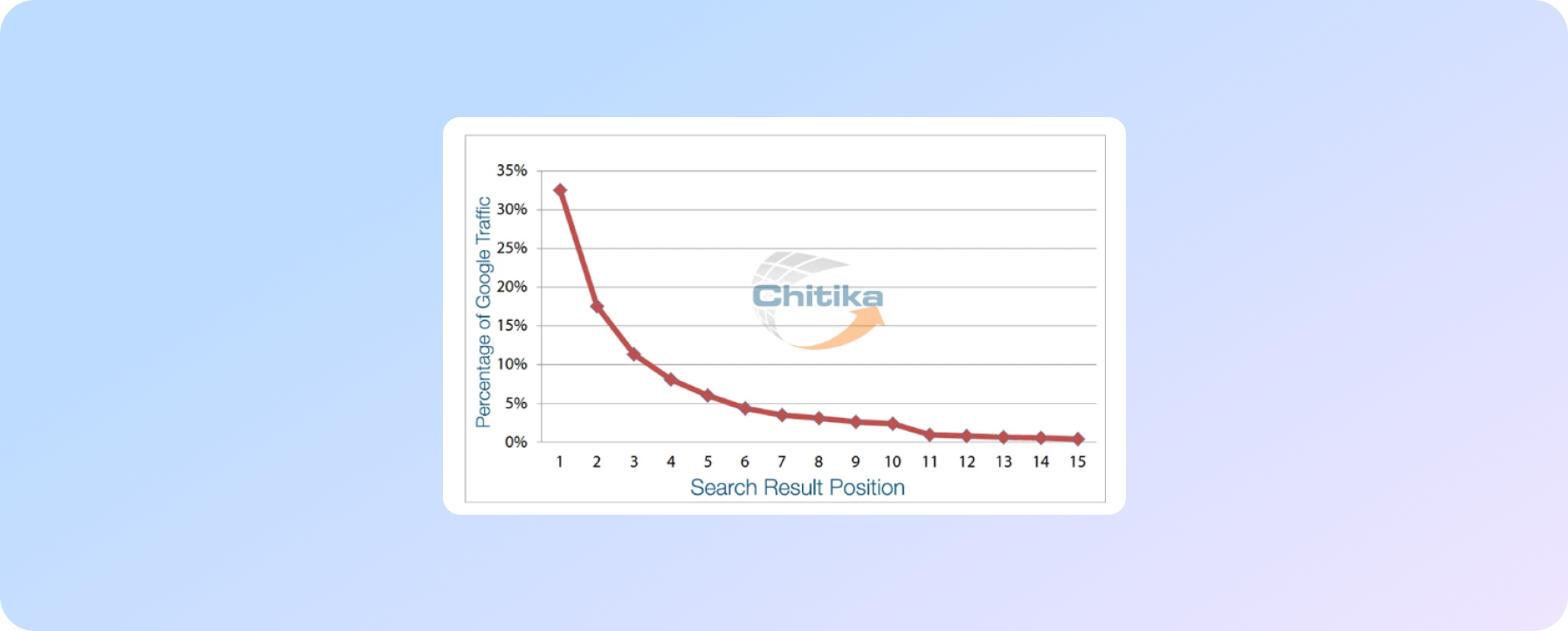No magic - just our painstaking joint work on the site
About Backlink Promotion in Simple Terms
Partner article from https://prposting.com.
Imagine the situation: for example, two companies are operating in the legal services market. Both rely on content marketing and write quality content. The articles of one of them are constantly at the top of search results, while the articles of another rarely get even on the first page. What could be the reason?
If aspects like quality content, excellent usability, and regular publications are the same, link building, i.e. the presence or absence of a sufficient number of backlinks, may be of critical importance.
Let's figure out how important backlinks can be for the promotion of goods and services on the market. Without unnecessary theoretical background, we will consider the principles of Google search results, as well as the myths prevalent on the Internet. This article will help you better understand SEO contractors and filter out those who promise the "golden mountain" of backlinks in a short time.
1. How Do Google SERPs Work and What Are Backlinks to the site?
A backlink appears when site A links to site B. For site B, such a link would be a backlink or inbound link.
Why are backlinks so important? Backlinks to your website are an indication to search engines that other resources consider your content credible. If multiple websites link to the same web page or site, Google's algorithms conclude that this content is quality and worth displaying in search engine results.
Thus, backlinks positively affect a site's position in Google's rankings or visibility in search. Some SEO specialists believe that backlinks ensure that a resource gets to the first page of the Google search by 90%.
It is important to remember that in addition to the number of inbound links, their quality is particularly important. For example, only spammy websites created for link generation and filled with low-quality content link to your resource. In this case, search engines will consider your website spammy as well, and the probability of taking top positions in search results becomes minimal.
2. How to Check Your and Competitor Backlinks (External links)
How do you know how many backlinks your site "earned" and how many of them your closest competitors have? Special services can help you with this.
2.1. Google Search Console
The best way to check how many websites are linking to your resource is to use the free Google Search Console tool. Unfortunately, it will not tell you anything about your competitors, but you will learn everything about the links leading to your site from other resources.
After setting up and verifying your account, in the Links section, you can see the total number of external links, as well as the URLs of the pages to which they lead. So, you can determine the most popular pages.
2.2. Ahrefs
The Ahrefs service allows you to check not only your links but also any website you are interested in.
All you have to do is type in the URL on the page for checking backlinks, and you will get roughly this result.
Note: in addition to the number of backlinks and referring domains, the report page has a Domain Rating value, which is useful for competitor analysis.
Domain Rating (Domain Rating, DR) is a conventional assessment of backlink quality from 1 to 100. We will not review the algorithm of its formation in detail, but if your site's DR = 30, while your competitor's DR = 20, the quality of your link profile is higher than that of your competitor. You can encounter such a situation even if you have fewer backlinks because quality is more important than quantity.
An illustrative example: another site offering legal services with more backlinks but of lower quality. Accordingly, the Domain Rating is also lower.
3. Backlink Quality in SEO
SEO specialists can talk for hours about the quality of backlinks, describing multiple factors. Nevertheless, we can distinguish 5 basic characteristics that determine the quality of backlinks:
- Anchor text relevance.
- Content relevance.
- IP address and referring domain uniqueness.
- Location and language of the referring website.
- Location of the link on the page.
It is extremely important to observe the main rule: backlinks must look natural.
Anchor text is the text accompanying the link, its text display on the page. An example is shown in the screenshot below.
This text should match the subject of your website or, even better, include keywords on the topic of your business, for example: "legal aid," "order furniture," "food delivery," etc. But if all links leading to your site will be like this, the search engine may suspect you of manipulation and penalize you. So, it is quite normal if anchor texts for half of the links will be: "look here," "on this page," "on this site," etc.
Content relevance can be explained best by an example. Suppose there is a resource devoted to the topic of parenting. Of course, it is natural and normal if the links from it lead to websites with training courses for children, kids' parties, children's online toy stores, and even the sites of furniture factories producing desks for schoolchildren. But if the links from it lead to an online store selling industrial boiler equipment, they will look unnatural and cause reasonable suspicion among search engine algorithms.
If almost all backlinks for your website are from one domain or resource, search engine crawlers will also find this to be suspicious. You should avoid such situations and strive to diversify the resources linking to you.
If the content of your site is in Russian or Ukrainian, and the main sources of backlinks are websites in Spanish and German, search engines will hardly trust your website.
And there is one more thing you should keep in mind: the location of the link on the page. Backlinks should be placed in the main text of the page. They can be also in the sidebars or footer, but they will be less valuable for search engines.
4. Where Can You Get Backlinks to the site?
Now, we must find out where to get quality backlinks.
4.1. Getting backlinks without using third-party services
You and your team can do most of the work for getting backlinks without involving third parties. For example, you can place links to sections of your website, valuable articles, or service pages on social media. Yes, these links have less juice, but why not take advantage of the opportunity, especially if you probably already have a Facebook (Meta), Instagram, or LinkedIn account.
Here are a few more ways to build up a quality and natural (for search engines) link mass. The main secret to most of the suggested methods is publishing high-quality content that people will want to share.
- Publish an expert guide on a topic relevant to your business on your website. It should be a large 10,000-word longread or even more. Cover the topic in as much detail as possible, easily and understandably. That's the kind of content Google is sure to notice, and users will surely want to share it.
- Publish infographics. Take some research and turn it into an infographic page — it's another good chance to get backlinks.
- Do you have partner or third-party companies? Ask them to publish a review of a successful partnership with a link to your website or post your logo with a link in the "Partners" section.
- Is someone in your niche running a successful blog? Contact them and offer to write a guest post on a specific topic with a link to your resource.
- Are there successful product or service review bloggers in your niche? Offer your product for review or conduct an interview on a popular topic for their YouTube channel, placing a link to your site in the video description.
- Publish articles on open platforms like Medium.com and add a link to your main resource.
- Are there any rubricator sites or rankings in your niche? Ask to add your resource if it's been overlooked.
- When posting jobs on employment websites, remember to add a link to your resource.
- Keep track of mentions of your company, services, or products on the Web. You can contact these resources and ask them to add a link to your website. It doesn't always work, but it's worth a try.
As you can see, you won't need SEO experts for most tasks listed. Your content specialists, PR department, or even HR department can help generate backlinks.
At some point, you might think: isn't it easier to buy backlinks from a link exchange? It sounds really simple, but it is better not to use this method without specialists. There are too many nuances in link building and the work of link exchanges.
4.2. Ordering backlinks from "promoters"
Hiring a specialist to build a link profile may be a good idea. Such experts are called link builders, but SEO agencies can also do this work.
The benefits are obvious:
- Work on building links will be systematic.
- A professional will deal with backlinks.
- You will free up the time and resources of your team for other tasks, such as creating high-quality content.
A few tips on how to check the future contractor:
- Ask for cases. Ideally, a specialist should have examples of works, preferably from your area of expertise. At the same time, make sure how profound the person is in the subject.
- Read feedback from previous clients, if any, on a link builder or agency page. If not, try searching for reviews on the Internet. By the way, another option is to look for a specialist from your friends or business partners, for example, by creating a post on Facebook.
- Estimate the cost of services. It is usually quite flexible, depending on the rate of link building.
Sluggish communication, constant disappearance of the specialist from the zone of visibility, and too big and bold promises are just some aspects implying that it is better to refuse cooperation with the third party.
5. Some Essential Points About Link Building (site promotion with links)
Regardless of whether you're going to build backlinks for your resource yourself or hire a pro, you must understand some important aspects.
- There is an assumption that the more links — the better. In fact, it's not so. First of all, focus on the quality of links and their naturalness for search engines. The number of backlinks should be in second place.
- Don't go to extremes. Do not try to get hundreds of links in the first month of working with the site; otherwise, you risk being penalized by search engines and even being expelled from SERPs. Build up links smoothly, increasing their number without sudden bursts and drops.
- Another point that many webmasters overlook. Your team has been working on backlinks for months, negotiating with bloggers, partners, and forums, and exchanging guest posts with bloggers and Influencers. And then, you decide to change the structure of the site, for example, make amendments to the classification of goods or services, or divide the blog into sections and categories. At this point, the URLs of your pages change, which means you lose the backlinks that led to them. Do such work thoughtfully, with preparation, and, better yet, discuss these issues with website developers so they set redirects and save the backlinks you acquired by working so hard.
Remember: the best links are those you get naturally, so focus on quality content, and the number of links on your website will eventually increase.
6. Conclusions
If you have read the article and decided that everything is very complicated and requires too much effort and time, which are always lacking, then ... As a final argument, let's recall the initial example of two companies, one of which is always at the top of search results, while the other does not care about backlinks and does not take high positions. It's not so much about the position in search results but about the traffic it generates.
Chitika, a US advertising company, conducted a study of the traffic received by companies depending on the position they occupy in search engines. The results were very interesting.
- The company in the top position gets 34% of all traffic from the search results page, which means ⅔ of people don't even click on the second link.
- Position #1 collectively gets as much traffic as positions 2-5 combined or positions 5 to 20 combined.
- If your content was displayed at position #11 (the second page of SERPs) and you moved to position #10 (the last position on the first page), you get 143% more traffic.
- If you move up from position #2 to #1, you'll double your already substantial organic traffic.
Sounds great, right? But traffic from Google is about customers, service requests, product sales, and reduced search and targeted advertising costs. And the key to this traffic is high-quality work with backlinks.
Our Sprava digital marketing agency offers wide range of services based on our strong expertise in this sphere. You can confirm this by reading our case studies.
We care about improving your sales :)



